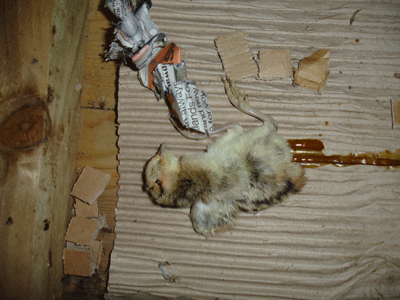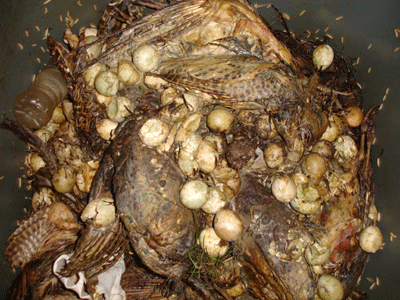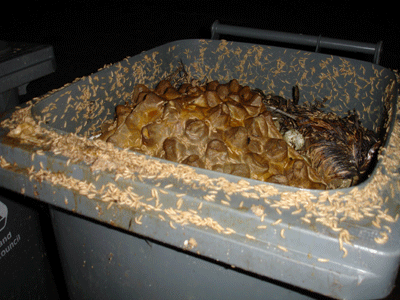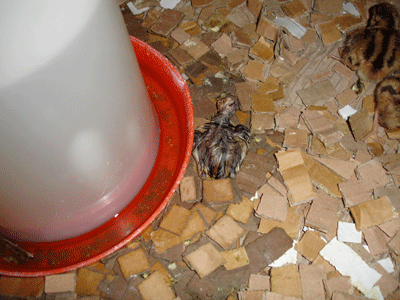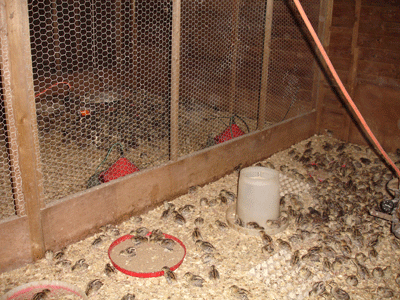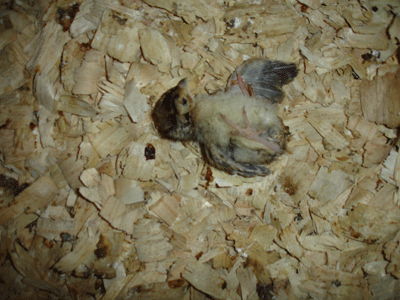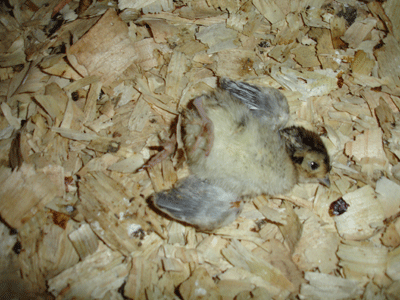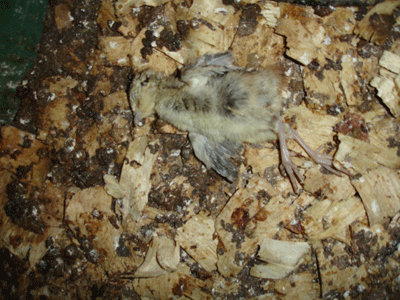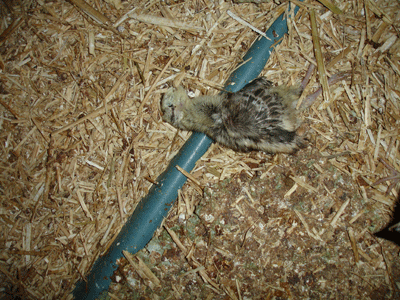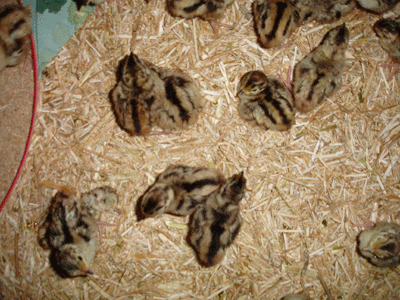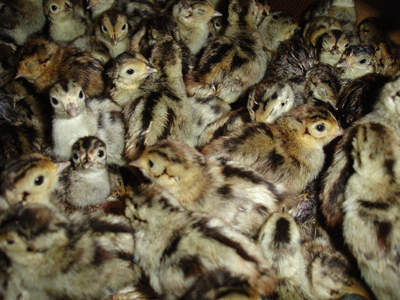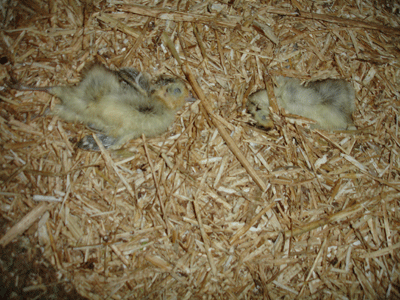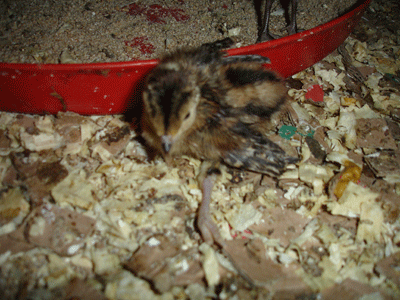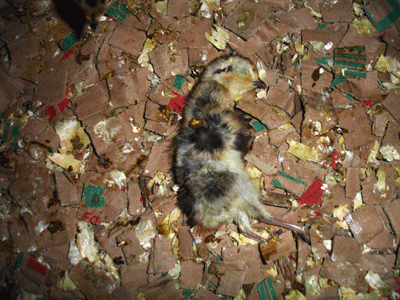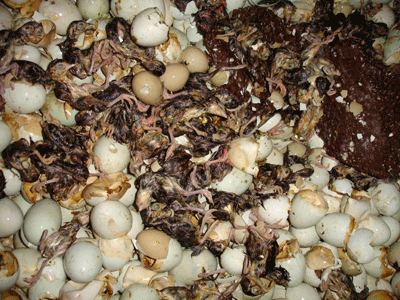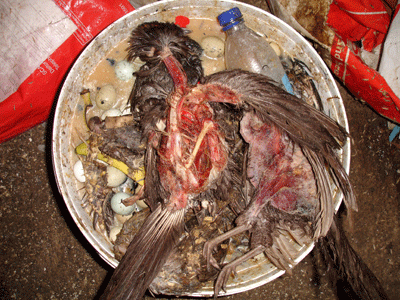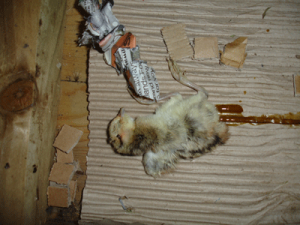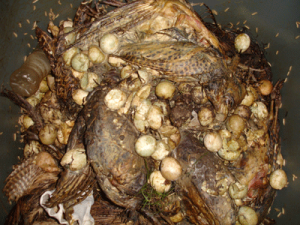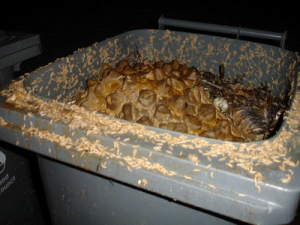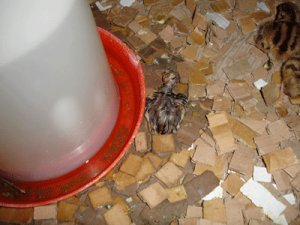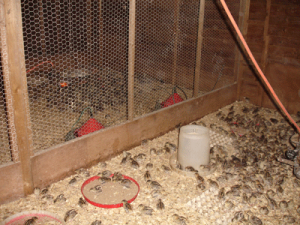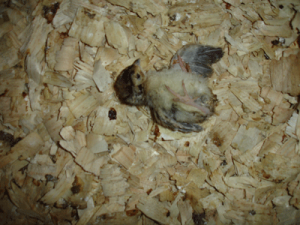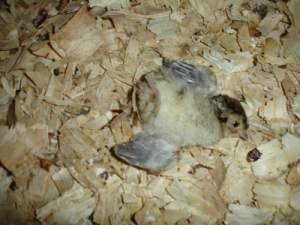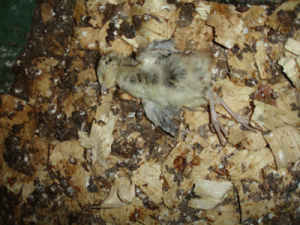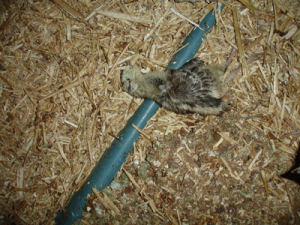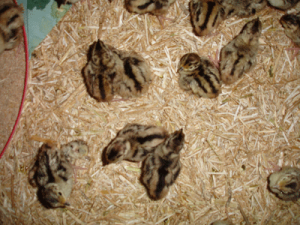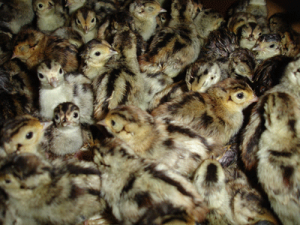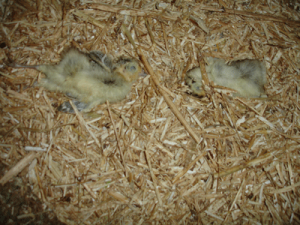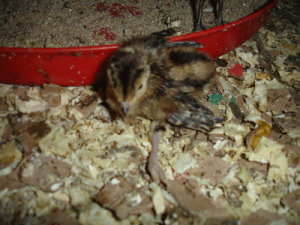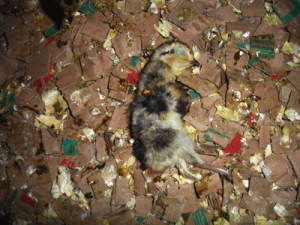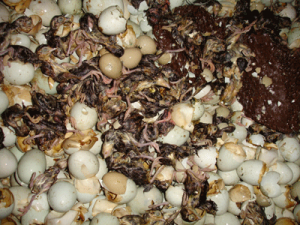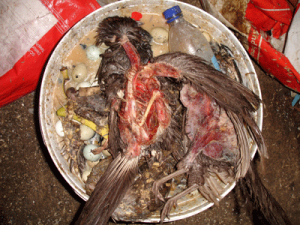The footage obtained during the spring and summer records how, step by ugly step, the British ‘game bird’ industry has ‘upscaled’ production methods to the point where direct comparisons with the broiler chicken industry are now appropriate. (See Notes to Editor.)
The revelations come as the national campaign group launches National Anti-Shooting Week (19-25 September), which this year will focus on the increasing industrialisation of pheasant and partridge production for ‘sport shooting’. During the week of action, campaigners will hold a series of local protests, high street information stalls and library displays throughout the UK.
The role of Defra Ministers in facilitating game bird shooting will also come under the spotlight, with protests in the constituencies of Secretary of State Caroline Spelman (Solihull), and Natural Environment and Fisheries Minister Richard Benyon (Newbury).
Similar protests, directed at Jim Paice (Ely) and Lord Henley (Carlisle), will follow. It was Hunting and Shooting Minister Paice who, soon after coming to office, overturned a Labour government ban on battery cages for breeding pheasants. Animal Aid will be demanding Paice be stripped of his other role as Minister for Animal Welfare.
Says Animal Aid Director Andrew Tyler:
‘Thanks to the shooting industry’s deceitful propaganda, a great many people in Britain do not realise that, every year, around 50 million pheasants and partridges are intensively reared especially so that they can be shot for the sheer pleasure of killing them. Most are not eaten. The meagre protection these birds receive during the production phase has been reduced still further, thanks to the callous disregard for their welfare demonstrated by Coalition Defra Ministers. National Anti-Shoot Week is a chance to hold them accountable for their actions.’
Further Information
Watch the footage of the undercover investigation
Pictures from the investigation

